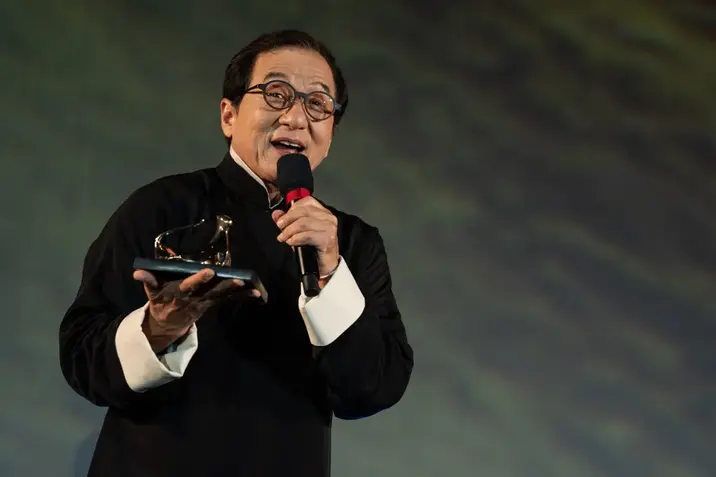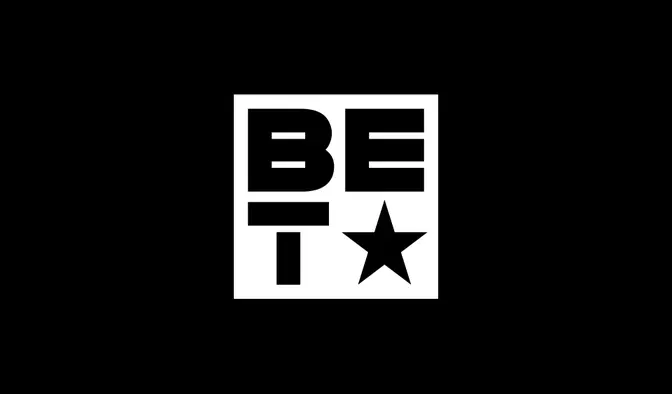T4K3.news
Chan critiques money driven studios
Jackie Chan says profit focused studios threaten film quality at Locarno and describes his craft oriented career path.

At Locarno, Jackie Chan argues that profit hungry studios threaten artistic quality while sharing how he built a long career.
Jackie Chan Criticizes Money Driven Studios Impact on Film Quality
At the Locarno Film Festival, Jackie Chan told a Q and A that big Hollywood studios are stifling contemporary filmmaking with a profit mindset. He argued that many studios are now run by business people who invest large budgets and chase returns, making it harder to take creative risks. Chan cited his own experience, noting that older films felt more original and linked that to budget pressures and risk aversion. He recalled learning every role on a set from stunts to sound as part of his craft.
Chan also spoke about his Asia rooted career path, saying only two directors can handle multiple roles and naming Sammo Hung and himself. He described learning to sing to extend his career beyond stunt work and said his goal has been to stay active and versatile. He called Rush Hour a turning point in Hollywood exposure and a chance to build cross cultural bridges. He appeared at Locarno to receive the festival’s career achievement award and to share stories from a long career.
Key Takeaways
"Right now, a lot of big studios, they’re not filmmakers, they’re business guys."
Chan critiques leadership in major studios as focused on money over craft.
"Rush Hour changed the culture."
Chan points to his breakout film as a turning point for cross cultural cinema.
"I cannot do this forever. It’s just so dangerous."
He explains why he broadened his skill set beyond stunts.
"I wanna be the Asian Robert De Niro."
Chan states his long term career aspiration.
The remarks highlight a familiar tension in cinema between artistic risk and budget discipline. They show how money matters shape what studios green light and which stories reach audiences. Chan frames his own path as evidence that diversification and craft can coexist with fame, even when markets favor franchises. The festival setting underscores cinema as a global conversation about culture and craft, not just box office numbers.
Taken together, his comments point to broader trends in which investors and budgets steer creative decisions, potentially at odds with artistic ambitions. If more filmmakers push for technical fluency and cross cultural storytelling, the industry may see richer collaborations and films that travel beyond the usual markets.
Highlights
- Right now, a lot of big studios, they’re not filmmakers, they’re business guys
- Rush Hour changed the culture
- I cannot do this forever. It’s just so dangerous
- I wanna be the Asian Robert De Niro
Budget and investor influence risk in film production
Chan’s remarks touch on sensitive topics about budgets and investor influence that can trigger debate among studios, fans, and policy makers. This could invite backlash from industry players who feel misrepresented or defensive about profit goals.
The debate over art and money will outlive any festival.
Enjoyed this? Let your friends know!
Related News

Kirsten Dunst eyes Minecraft 2 for big payday

Sam Nivola opens up about backlash and Hollywood challenges

Paramount pivots to tech driven revival

TIFF momentum continues

Bezos Blueprint at Center of War Of The Worlds Critique

PlayStation Store gamescom Promotion now live

BET remains in Paramount Skydance fold

Fixed heads to Netflix
